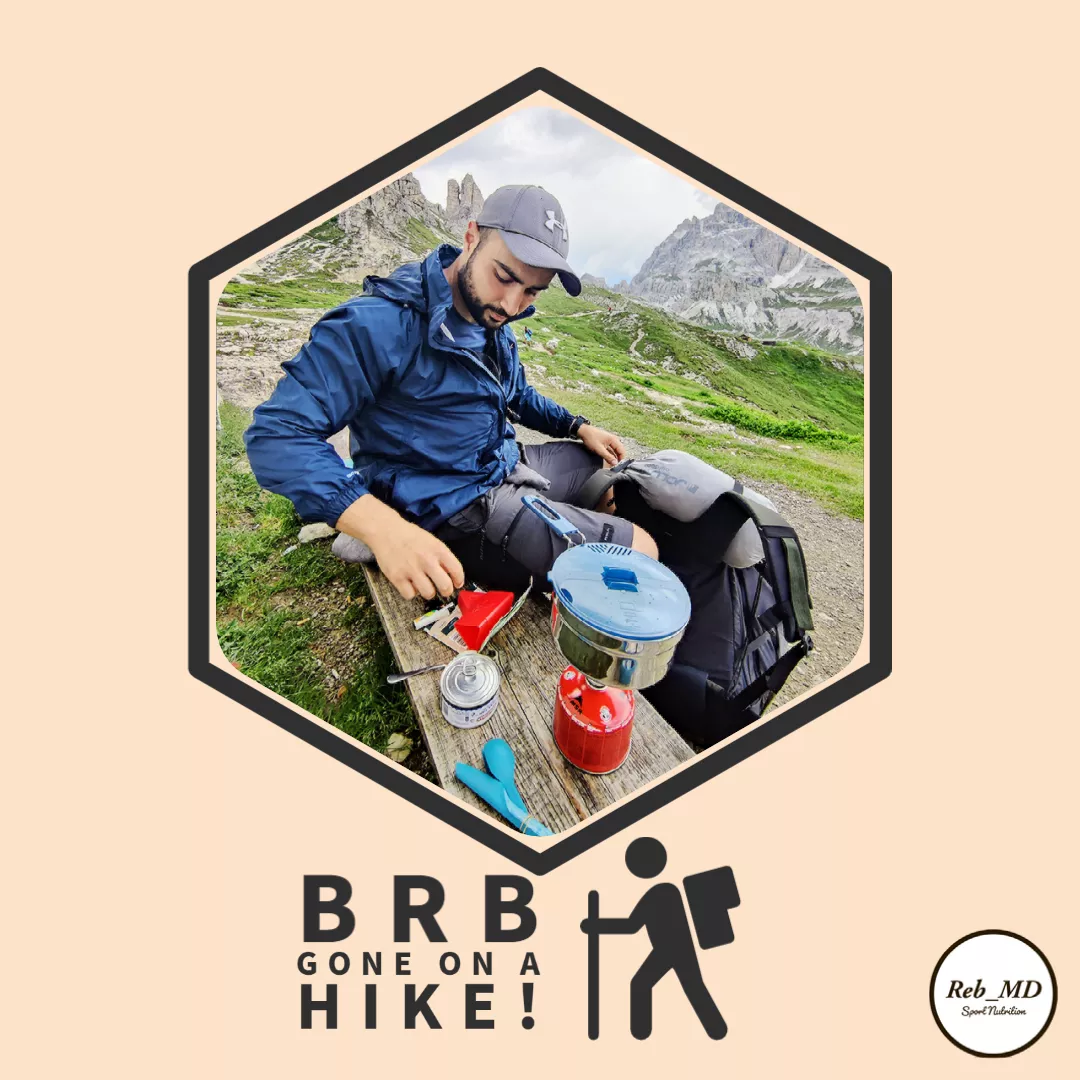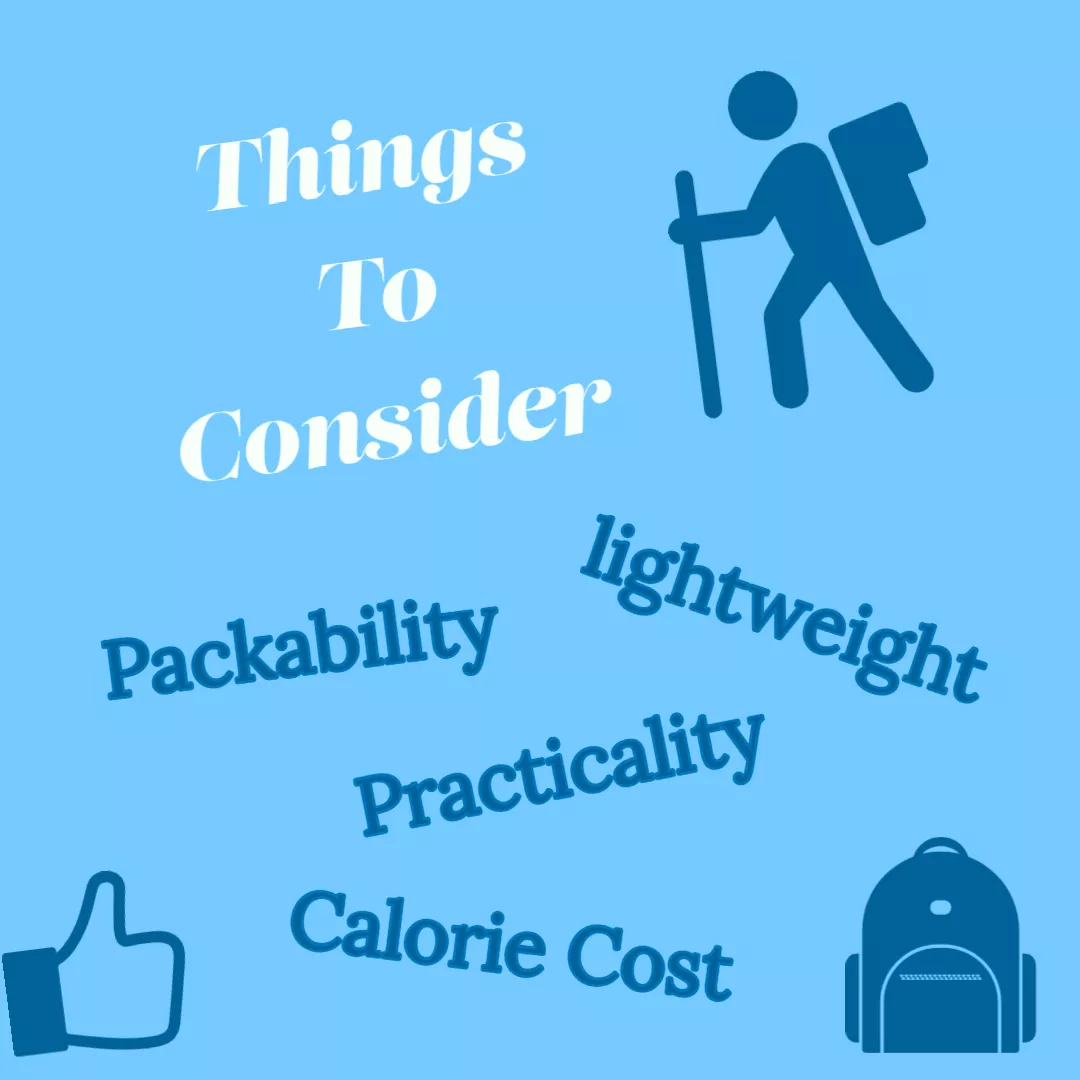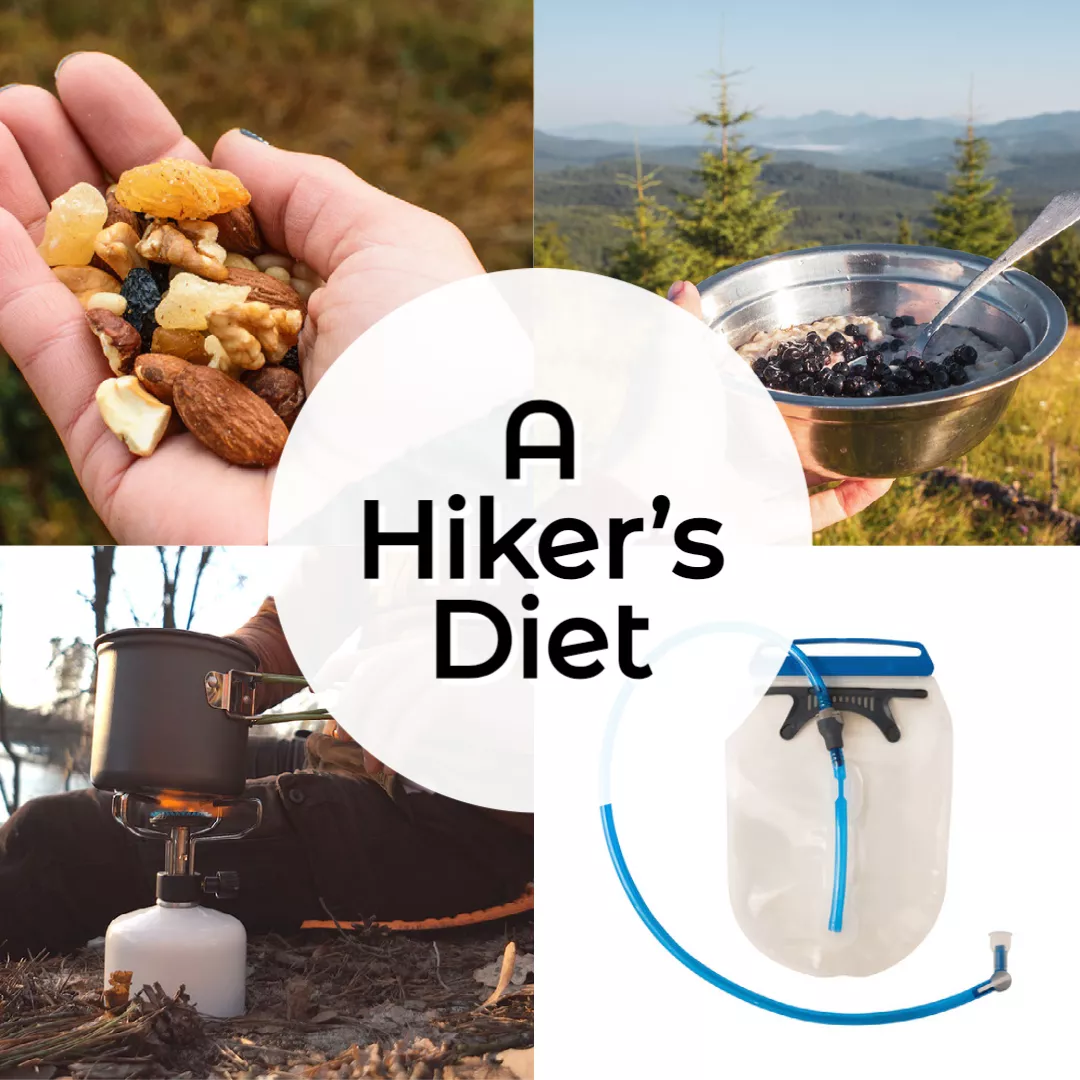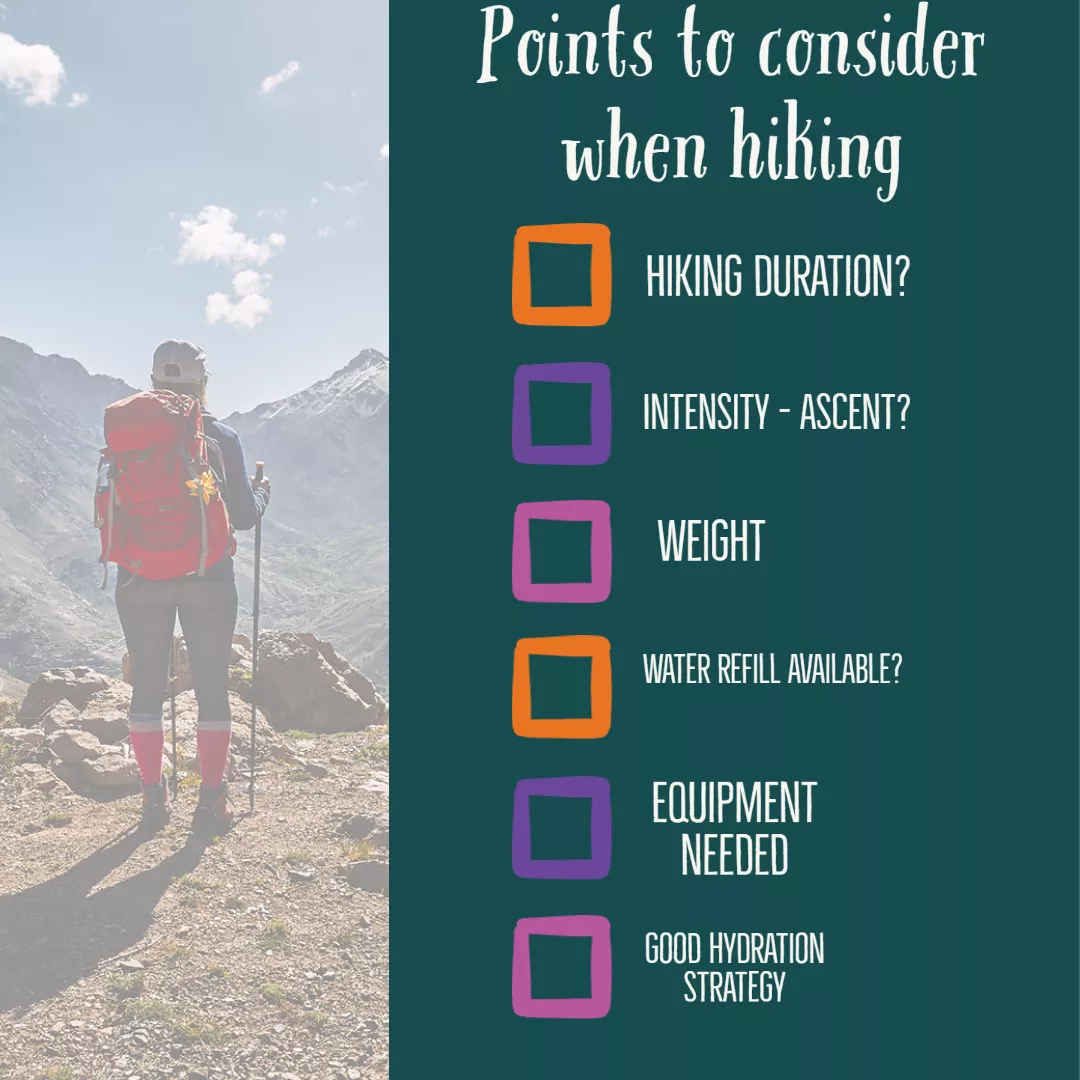
A Hiker's Diet
Hiking Nutrition
Back from 4 days of hiking, an excellent mind and body boost and why not use my own experience to write about hiking nutrition.
With great views comes great effort.
To get a glimpse of the amazing views we had to hike up the not-so-friendly steep trails. Without proper nutrition and hydration, the body starts to feel weakened and tired making it difficult to do such hikes. So whether you’re planning your next multi day hike in a national park, or a quick walk up your nearest hill/peak make sure that you have a proper nutrition plan and enough water to cover your trek.
The more a person weighs, the higher the calorie burn. Hikers typically burn between 500 to 750 kcals per hour of walking, exerting great demands on their body’s energy stores. Because you’re moving at a lower intensity then you would be if cycling or running, you’re more likely to be relying on fat and protein rather than carbohydrates as your fuel source.

Apart from requiring calorie-dense foods, you also need to consider practicality, packability and weight. Moreover, if you’re sleeping in the mountains on multi-day hikes, consider the need to cook dinners.
Here’s my recommended list for a bulletproof experience up in the mountains;
- Trail mix
- Bananas
- Dried fruit
- Nuts/Nut butters
- Beef Jerky
- Protein Bars
- Energy Bars
- Oats
- Dehydrated Meals - Soups, Risottos, Rice packets
- Water
Equipment needed (mostly for multi-day hikes);
- Cooking pot
- Bowl
- Fork, knife, spoon
- Enamel Mugs
- Hydration bladder pack
- Small stove (Gas + fitting)
- Small garbage bag - Leave no trace! Daniel and I make sure to follow the Leave No Trace principles for minimum impact hiking - make sure to have a look at them before hiking.

Trail mix A mix of dried fruits and nuts. A perfect combination of protein and healthy fats, found in nuts, combined with the natural sugars (carbs), found in dried fruits. Trail mixes come in conveniently pre packed portions or you can make your own in small individual packets.
Bananas Offer a quick supply of simple carbs needed for energy. Bananas are also excellent sources of potassium and magnesium required for muscle function and energy production. Studies have shown that by replenishing the bodys’ glycogen stores quickly, bananas help reduce post exercise inflammation and promote muscle recovery. As a bonus, they are already packed in their own skin - an added advantage for packability.
Dried Fruit Now I know that I usually advise my clients to shy away from dried fruits as they contain lots of natural sugar, however when you’re hiking, the body is burning lots of calories in a day. Dried fruits can help replenish your muscle glycogen stores while you’re still on the go, especially since they are compact, easy to carry, and are not affected by heat.
Nuts/ Nut Butters Packed with healthy fats and proteins - nuts offer what is required to help support recovery of micro tears in muscle and thanks to the healthy fats present, they are amazing calorie dense sources needed to support your energy levels whilst moving at low intensity. Nuts can be easily incorporated with other meals or taken on their own as a snack. Offering the most calories are macadamias, walnuts, almonds and brazil nuts.
Beef Jerky Dehydrated and so easy to carry ! Beef jerky contains 50-60gr of protein per 100gr, and it is very hard to find a snack that has similar percentages of protein whilst being lightweight and practical at the same time. Beef jerky also contains high levels of sodium, perfect to regulate your electrolyte levels when hiking. You can easily lose lots of salts from your body through sweat, hence the high sodium levels can help maintain the body’s hydration balance.
Protein Bars Protein bars are also easy to carry and convenient - just be careful when temperatures are high especially if they’re chocolate, they might melt! None the less they are high in protein keeping you full for longer and easy to eat whilst hiking.
Energy Bars Similar to protein bars are practical, however they are more useful as a source of energy due to their high sugar content. You can take them as an alternative to breakfast if you’re in a rush and need to start hiking early.
Oats Alternatively, the best breakfast option is oats, packed with low GI carbs, protein, fats and fiber. Pre-pack oats in individual small sandwich bags, one for each morning, and add a few nuts, and chopped banana into the mix. If you have a small stove to cook on, you can make porridge oats.
Dehydrated Meals These are great for those planning to sleep in the mountains and need to cook their own dinners. Options include dried and vacuum packed risottos, rice salads and soups. They would only require you to add water and boil/simmer on low heat for 10-15 mins, or even less!
Most important! WATER I can not stress enough how important water is when hiking. I once experienced a heat stroke and I ended up discontinuing my trip. Make sure you have enough water for the day - plan to have approx. 3 liters of water daily. Hydration bladder packs are a great way to ensure that water is always available whilst on the go. If you run out of water you can refill at water fountains or in desperate times, refill from springs and add a water purifying tablet to avoid any risks of contamination. Pay attention to your sweat rate, thirst and colour of your urine when hiking. A mere 5% body dehydration can lead to a 30% reduction in performance. Lack of enough water in the body would make it harder for your heart to pump blood and increase the chances of muscle cramps. Water is critical, make sure you have a well planned hydration strategy before setting off.
After reading these careful considerations, I can assure you that mountain hiking is the most peaceful and enjoyable experience, it only requires some pre-planning to ensure that you are well-equipped.
To help you get started with your hiking plan, you can use the layout below for your next hike. Do not hesitate to contact me if you need any further tips regarding hiking and your nutrition strategy. Enjoy!


